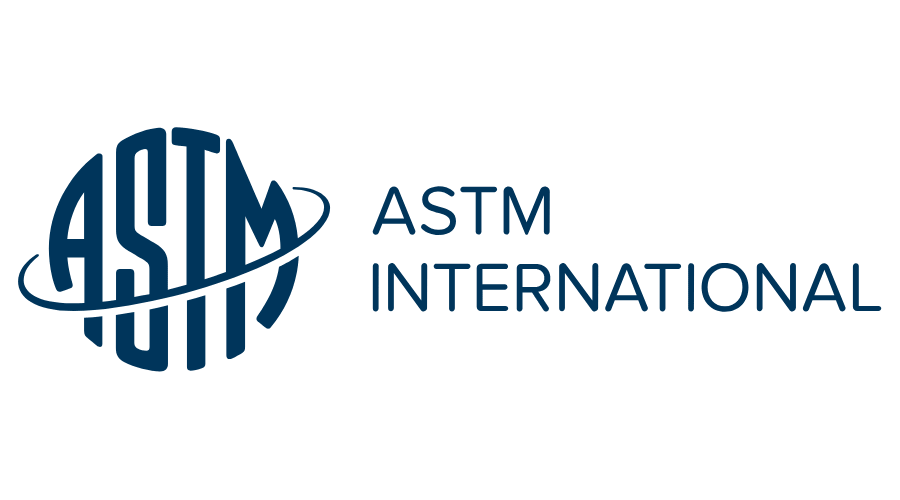ASTM Standards: A Comprehensive Guide to Their Role and Importance

Standards play a fundamental role in ensuring quality, safety, and process coordination across various industries. One organization that significantly contributes to this field is
ASTM (American Society f Testing and Materials). In this article, we will delve into the examination of
ASTM, its role in different industries, and how the standards provided by this organization are utilized.
What is ASTM?
ASTM, or the American Society for Testing and Materials, is a non-profit international organization dedicated to the development and provision of industrial standards. Founded in 1898, the organization has now presented over 30,000 different standards across various fields. ASTM's primary objective is to facilitate information exchange and ensure the quality and safety of products and services on a global scale.
ASTM Standards
Recognized as a pioneer in standard development, ASTM standards act as overarching guides to avoid errors, enhance efficiency, and create coherence in processes. Examples of areas where ASTM standards are applied include construction materials, metallic materials, chemicals, electrical and electronic materials, testing and measurement, and transportation infrastructure.
Why are Standards Important?
1. Quality Assurance: The use of standards ensures the quality of products and services, protecting consumers from incompatible or subpar products.
2. Safety: Safety is of paramount importance in many industries. Utilizing standards in these areas ensures safety for individuals and the environment.
3. Facilitating Trade: The use of standards facilitates international trade and the exchange of goods and services. Companies can target global markets more easily by using a common language (standards).
Utilizing ASTM Standards
The use of ASTM standards as a reliable guide for the production, testing, and use of various products and services is of great importance. Companies and various industries leverage these standards to improve processes, increase efficiency, and ensure the quality of their products and services.
ASTM and Polyethylene
As a standards-setting organization in various industrial fields, ASTM plays a crucial role in developing standards for different materials, including polyethylene pipes.
Use of Polyethylene Pipes in Industry
Polyethylene pipes, due to their unique characteristics such as flexibility, corrosion resistance, and lightweight, find applications in various industries. These pipes are considered innovative substitutes in water, gas, and sewage distribution systems to enhance system performance and durability.
ASTM Standards for Polyethylene Pipes
ASTM has developed multiple standards for polyethylene pipes to ensure their quality and performance. Some well-known standards in this regard include:
1. ASTM D3035: Standard specifications for polyethylene pipes with multilayer walls for use in gas distribution systems.
2. ASTM D2239: Standard specifications for single-wall polyethylene pipes for water distribution systems.
3. ASTM F714: Standard specifications for multilayer-walled polyethylene pipes for use in sewage systems.
ASTM Standards for Polyethylene Products
In addition to pipes, other products made from polyethylene are used in various industries. ASTM standards for these products include:
1. ASTM D1248: Standard specifications for recycled polyethylenes for use in different industries.
2. ASTM D4976: Standard specifications for polyethylenes with calcium carbonate (PVC) for use in impact-resistant products such as sheets and pipes.
The Importance of Standards for Related Industries
The use of ASTM standards in the production and use of polyethylene pipes and products helps ensure the quality and safety of these products. These standards serve as guides for material selection, manufacturing, and testing of products in industries related to polyethylene pipes.
Conclusion
ASTM standards in the field of polyethylene pipes and products play a crucial role in ensuring quality and performance standards. Identifying standards that align with the needs of each industry contributes to improving system performance and increasing confidence in the quality of materials and products.
In the face of increasing complexity in industries and the need to guarantee quality and safety, the use of standards is essential. ASTM, by providing global standards, contributes to the development of industries and process improvement, playing a fundamental role in enhancing the quality and safety of products and services. The organization has become a reliable benchmark for companies and industries in achieving effective international standards.
Read More: